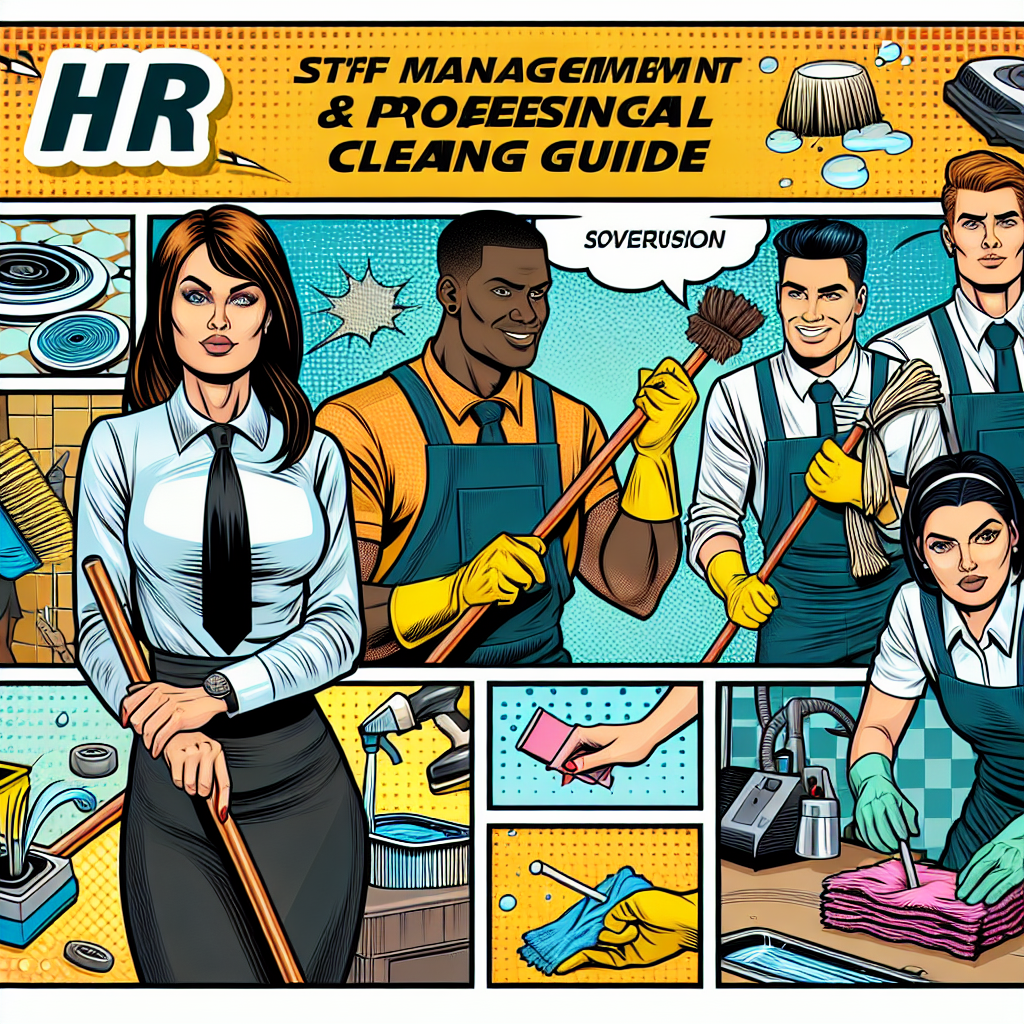Managing staff conflict is a crucial skill for any cleaning industry manager. Addressing and resolving conflicts promptly can improve team morale, productivity, and overall work quality. In this comprehensive guide, we will explore practical strategies and techniques to help you effectively solve staff conflicts in your cleaning business.
1. Encourage Open Communication
Establish a culture of open communication where team members feel comfortable expressing their concerns and opinions. Encourage active listening and constructive feedback to address issues before they escalate.
2. Identify the Root Cause
When conflicts arise, take the time to identify the underlying causes. Is it a misunderstanding, different work styles, or personal issues? Understanding the root cause is essential for finding the right solution.
3. Facilitate Mediation
Act as a mediator when conflicts occur between team members. Create a neutral space for both parties to express their perspectives and work towards a mutually beneficial resolution. Encourage compromise and collaboration.
4. Set Clear Expectations
Clearly define roles, responsibilities, and expectations for each team member. Unclear expectations can lead to misunderstandings and conflicts. Ensure that everyone is aware of their duties and how they contribute to the team.
5. Provide Conflict Resolution Training
Offer training sessions on conflict resolution techniques to your staff. Equip them with the skills to manage and resolve conflicts independently. Investing in training can prevent future conflicts and empower your team.
"Effective conflict resolution is not about avoiding disagreements but about addressing them constructively to foster a positive work environment."
Highlight the importance of teamwork and collaboration in resolving conflicts. Emphasize that conflicts can be opportunities for growth and learning when handled effectively.
6. Encourage Empathy and Understanding
Encourage team members to practice empathy and understand each other's perspectives. Empathy fosters mutual respect and helps in finding common ground to resolve conflicts amicably.
7. Follow Up and Monitor Progress
After resolving a conflict, follow up with the involved parties to ensure that the resolution is effective. Monitor the progress and provide support if needed. Address any recurring issues promptly.
By implementing these strategies and techniques, cleaning industry managers can effectively solve staff conflicts and create a harmonious work environment that promotes productivity and teamwork.



